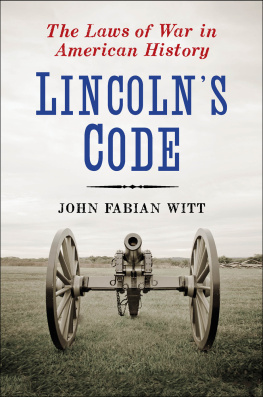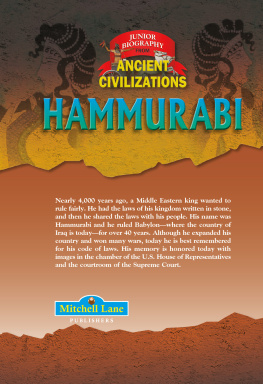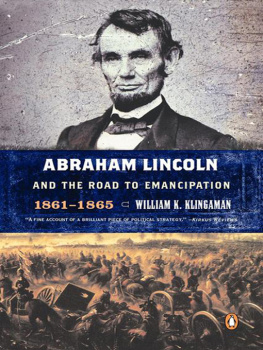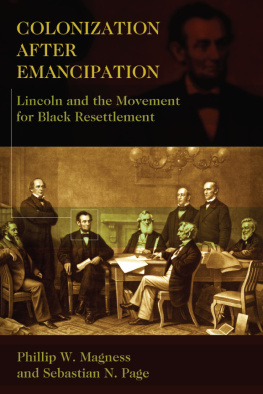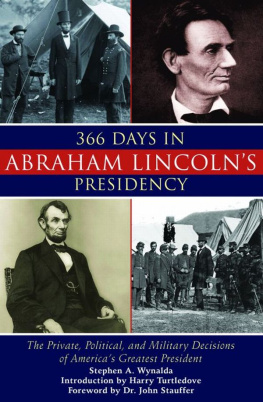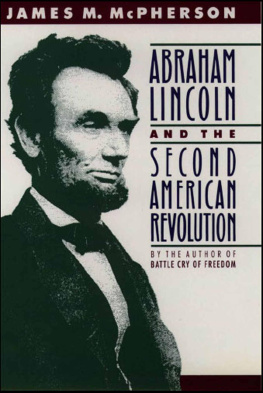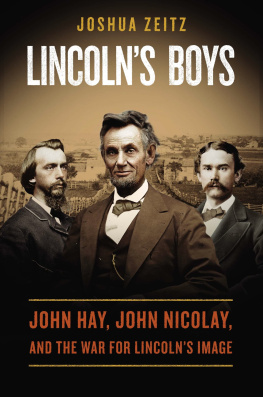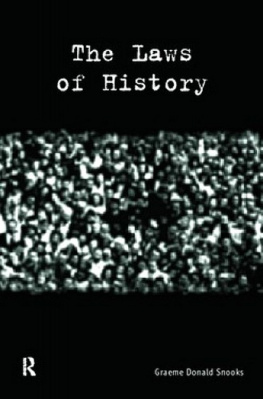Praise for Lincolns Code
Winner of the Bancroft Prize
Winner of the Law and Society Associations Willard Hurst Book Prize
Finalist for the Pulitzer Prize in History
Finalist for the American Bar Association Silver Gavel Award
The New York Times 100 Notable Books of 2012
Kirkus Reviews Best of 2012: The Top 25 Nonfiction of the Year
Magnificent.... Lincolns Code is both a celebratory chronicle of American lawmaking and a gruesome record of American wartime cruelty.... This monumental book, resting on colossal archival research and packed with memorable stories and arguments, is a major contribution to making sense of ours.
Gary J. Bass, The New York Times Book Review
Enthralling.... [A] deep moral sense... shines, in all its complexity and eloquence of tongue and heart, through this important book.
Charles Fried, The New Republic
Well-written and fascinating.... The value of Witts account is that it shows how the answer to [where we draw lines] has changed over the centuriesand how, whether in the Civil War or the War on Terror, our political leaders have struggled to reconcile the sometimes competing demands of humanitarianism and justice.
Max Boot, Commentary Magazine
[A] sweeping history of American engagement with the idea that the brutality of war should be constrained by humanitarian rules.
Jennifer Schuessler, The New York Times
Artfully mixing law, history, and sharp analysis, a Yale law professor examines the persistent struggle to reconcile justice and humanitarianism in Americas conduct of war.... Truly remarkable, composed with all the precision and insight you expect from a law professor, marked by all the elegance and sparkling readability you dont.
Kirkus Reviews , Starred Review
[A] significant work.... Witt establishes and supports a provocative case that the [law of war] reflects two competing, fundamental American ideals: humanitarianism and justice.
Publishers Weekly
Exhaustive, authoritative, written with drama and flair, Lincolns Code is a remarkable work about remarkable men. Witt examines the attitudes and actions that characterized military conduct prior to the Civil War, and then traces the impact of the Lieber Code on world affairs in the century and more that followed, all demonstrating what a genuinely unique and revolutionary act it was for Lincoln, his war leaders, and Lieber, to rise above their temporal conflict by attempting to make some sense out of chaos, and some humanity from inhumanity.
History Book-of-the-Month Club
[ Lincolns Code ] will please Civil War buffs, legal and military historians, and international lawyers alike. Witts research on letters, drafts, and other documents written by Lieber and the other major figures is impressive, and he presents it lucidly, fairly, and comprehensively, enabling the reader to draw his own conclusions.
Slate
Vivid anecdotes... Witt encourages politicians and scholars alike to deliberate on the true nature of just wars.
Harvard Law Review
Witt explores a central notion of the American historical narrative: the idea that the law can regulate conduct in war.
Yale Daily News
Reverberate[s] from 19th-century Appomattox to 21st-century Afghanistan.
New Haven Register
A gripping narrative of the struggle to maintain the aspiration to honor, decency and common humanity amidst the brutal imperatives of warfrom our war for independence, through the Civil War to the suppression of the insurrection in the Philippines. At the center John Witt places the first code for the conduct of war, promulgated by Lincoln during the darkest days of the Civil War: harsh, relentless, realistic, yet placing firm limits forbidding torture, the abuse of prisoners, treachery and purposeful harm to civilians. This book is an important addition to the ever-growing monument to our greatest and most complex national leader.
Charles Fried, author, with Gregory Fried, of Because It Is Wrong: Torture, Privacy and Presidential Power in the Age of Terror
Lincolns Code is a rich, subtle, and honest book that uncovers the deep impact of the laws of war in American history. It is chock full of truly novel insights. I learned a ton from it and will continue to learn a ton on rereading. It is a great book, one that will last forever.
Jack Goldsmith, Harvard University, author of Power and Constraint: The Accountable Presidency after 9/11
As bitter disputes still fester about how far Americans should submit to international legal rules, John Fabian Witt offers a dispassionate historical perspective and an insightful truth. From the beginning, Witt shows, America has proclaimed moral rules and deployed military force, no more paradoxically in combination than during our Civil War, in which Francis Lieber first codified the law of war for the world. Witts book is deeply researched and beautifully written: an indispensable masterpiece for anyone who cares about how Americas past bears on our present and future.
Samuel Moyn, Columbia University, author of The Last Utopia: Human Rights in History
In this splendid and readable narrative, John Fabian Witt shows how Americans from the Founding Fathers to Abraham Lincoln argued, and sometimes agonized, over the elusive and indistinct boundary between the legitimate application of military force on behalf of the nation and crimes against humanity. Here is an original and important synthesis that helps illuminate our nations moral and political underpinnings, and establishes a context for modern considerations of the laws of war.
Craig L. Symonds, author of Lincoln and His Admirals and winner of the Lincoln Prize
If there was ever a time for this book, it is now. As the war on terror continues unabated and controversy continues over the use of military commissions, detention, interrogation, due process and civil liberties, this extraordinary and well written account about the laws of war in America is a primer and road map for our citizens and those who are, or should be, trying to comprehend and prepare the legal and military processes for all present and future.
Frank J. Williams, Chief Justice (ret.), Supreme Court of Rhode Island, and founding Chair, The Lincoln Forum
ALSO BY JOHN FABIAN WITT
The Accidental Republic
Patriots and Cosmopolitans
Thank you for purchasing this Free Press eBook.
Sign up for our newsletter and receive special offers, access to bonus content, and info on the latest new releases and other great eBooks from Free Press and Simon & Schuster.
C LICK H ERE T O S IGN U P
or visit us online to sign up at
eBookNews.SimonandSchuster.com

For Gus and Teddy
and for
Private John C. Crowe
74th New York Infantry and
40th New York Infantry,
October 1861June 1865
Contents

Prologue

T HIS IS A STORY about war in America. To be more specific, it is the story of an idea about war, an idea that Americans have sometimes nurtured and often scorned. The idea is that the conduct of war can be constrained by law.
A scene from the deadliest war in American history captures the puzzle that lies at the storys heart. The date is 1862, on . The setting is a modest room in a boardinghouse in Washington, D.C., tucked behind the perpetually unfinished Capitol building. At a small desk lit by an oil lamp, an aging professor works late into the night. From a distance, the man seems to be a serene oasis of calm amid the mud and the tumult of wartime Washington in winter. But if we look more closely, the illusion of peacefulness gives way to something unsettling. Below a shock of pewter hair, the mans eyes are dark hollows. His face is drawn into a perpetual scowl. A high white collar and black silk cravat cannot quite hide the old battle scars on his neck. The mans bearing betrays newer, less tangible wounds as well. In the past week, he has learned the gruesome details of the death of one son fighting for the Confederate Army in Virginia and sent another to fight for the Union in occupied New Orleans. A third son lost his right arm earlier in the year.
Next page
